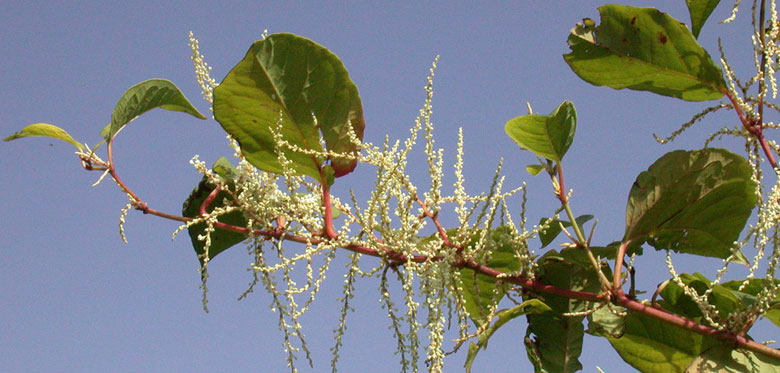The much debated topic of Japanese knotweed has been in the news again after a vendor did not disclose that the property he was selling had the plant growing on it.
Japanese knotweed is an invasive plant that can cause problems to properties, and the disposal of which is controlled by legislation. The plant can spread across neighbouring land giving rise to numerous legal cases about obligations to treat and control and allegations of potential and actual property damage. Treatment takes years and comes at a cost.
One of the most common forms of dispute in respect of Japanese knotweed is when a property has been sold with knotweed. Since 2013 a direct and specific question has been asked of every seller as to whether they are aware of any knotweed affecting the property to be sold. We receive enquiries from buyers who have bought their property and subsequently found or have been advised about the existence of knotweed.
The possible answers on the form are tick box and straight forward – yes, not known, or no. A newly reported case serves a stark and expensive reminder as to the importance of a truthful answer. It is reported that the home seller answered ‘no’ to the question. At trial the evidence given was that no knotweed was visible or had been seen by the seller. The judge needed to be content that the answer given was the reasonable belief of the seller. The evidence of a jointly instructed expert however confirmed to the court that the knotweed would likely have grown in summer months to two metres high and that there was some evidence of herbicide treatment in the past. The judge accordingly decided that the seller did not reasonably believe there was no knotweed and held in favour of the buyer.
Hindsight is a wonderful thing but had the answer been ‘not known’ the judge may have held differently. It is true to say that sellers in general seem to be concerned that it is not possible to sell a house that has or is affected by knotweed but this is simply untrue. As long as there has been full disclosure to all parties it is entirely possible to sell a property, even when the buyer is dependent on a mortgage. The key is usually payment of the cost of the works and an insurance backed guarantee. The guarantee means the knotweed will be treated until it has been eradicated.
In this particular case it is reported that the damages award was in the sum of £32,000. This is the cost of dealing with the knotweed together with any other claims such as loss of value. It is a fair assumption that this would have been around the deduction to the £700,000 purchase price that would have been required to sell the property had a ‘yes’ answer been given. I would say it’s fair to assume this is the very top end deduction that would have been required.
The sting in the tail for the seller here has been the legal dispute which was pursued to trial. As the losing party the defendant has been ordered to pay the buyer’s legal fees. They are reported to be in the region of £95,000. He will also need to make payment of his own fees that are said to be in the region of £100,000 and accordingly the tick in the wrong box has amounted to a bill in excess of £200,000. This all amounts to a very expensive ‘no'.
If you have concerns that you have been sold a property in which the sellers purposely failed to disclose information on the property information form which may have impacted your decision to go ahead with the purchase, our team of dispute resolution solicitors may be able to help. Call our property misrepresentation claims solicitors on 0161 696 6178.




Comments